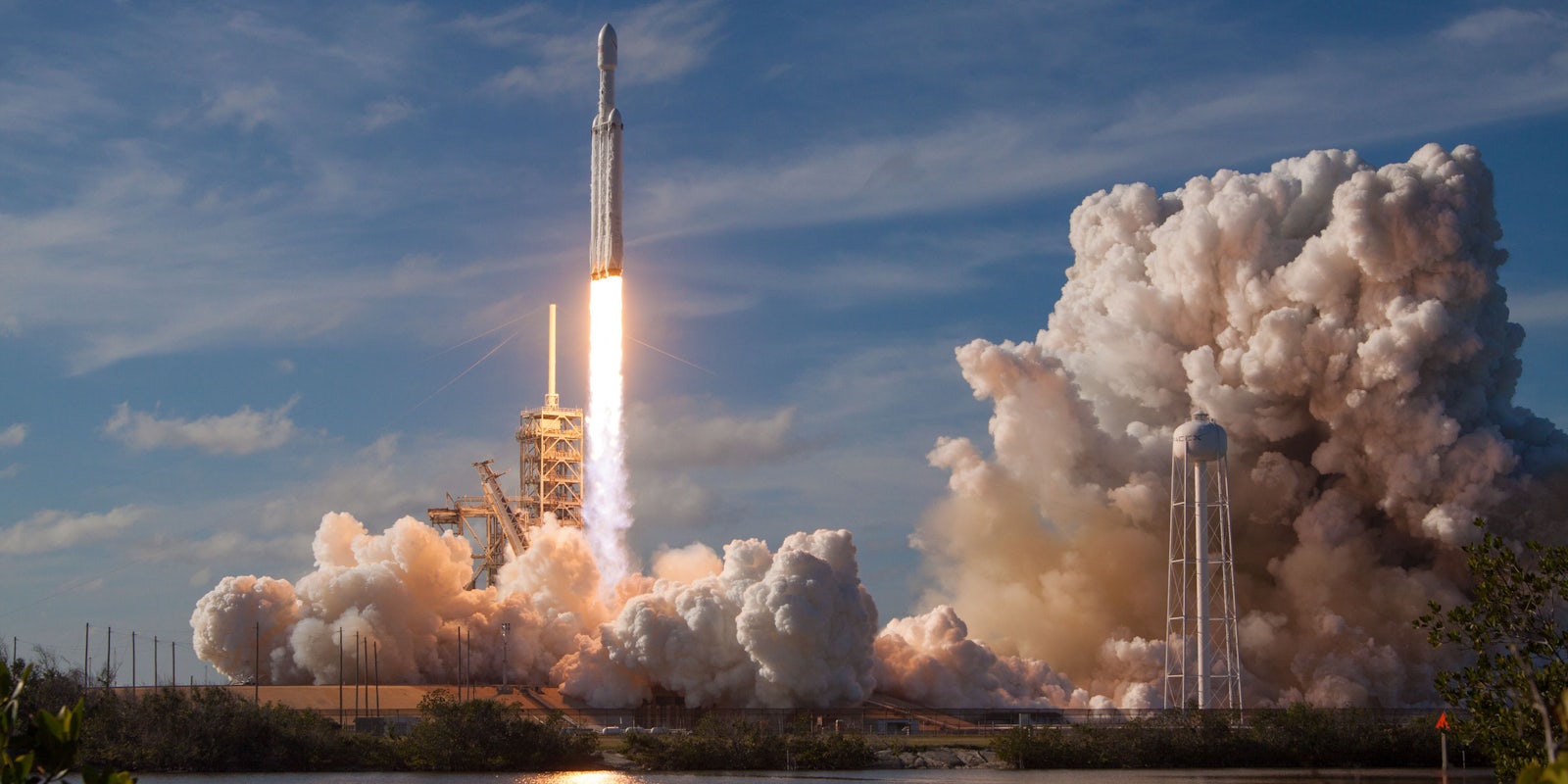SpaceX will not be allowed to broadcast images from its 10 new Iridium satellites until it applies for a license to broadcast video from orbit, according to a statement released by the National Oceanic and Atmospheric Administration.
Last week when the company launched Falcon 9 into orbit, its broadcast was cut as it reached orbit due to government intervention. Officials said SpaceX didn’t have the proper license to broadcast from orbit.
“The National and Commercial Space Program Act requires a commercial remote sensing license for companies having the capacity to take an image of Earth while on orbit,” the statement said. “Now that launch companies are putting video cameras on stage 2 rockets that reach an on-orbit status, all such launches will be held to the requirements of the law and its conditions.”
Critics have pointed out that the NOAA just recently decided to enforce this law that’s been on the books since 2010, even though SpaceX has been broadcasting images back to Earth for years with no intervention. The director of NOAA’s Commercial Remote Sensing Regulatory Affairs (CRSRA) office said SpaceX has merely gotten away with it because her staff was not aware of the unlicensed cameras on numerous earlier launches.
“Our office is extremely small, and there’s a lot of things out there that we miss,” CRSRA director Tahara Dawkins said at a public advisory committee meeting Tuesday, according to SpaceNews. “The onus is on the companies to come to us and get a license when needed.”
Some blame SpaceX’s high-profile launch of “Starman” in CEO Elon Musk’s Tesla this February for having caught NOAA’s eye.
“Starman probably attracted so much attention that someone at NOAA or someone at SpaceX realized they may have crossed that threshold to start thinking about that license,” Brian Weeden, director of program planning at the Secure World Foundation, a nonprofit that works to develop space security, told The Verge.
NOAA says, however, that it was SpaceX that reached out to obtain the license—not the other way around.
SpaceX says it’s working to obtain a full license for its cameras to prevent having to shorten future launch webcasts—hopefully before the first Block 5 Falcon 9 launch later this month.


